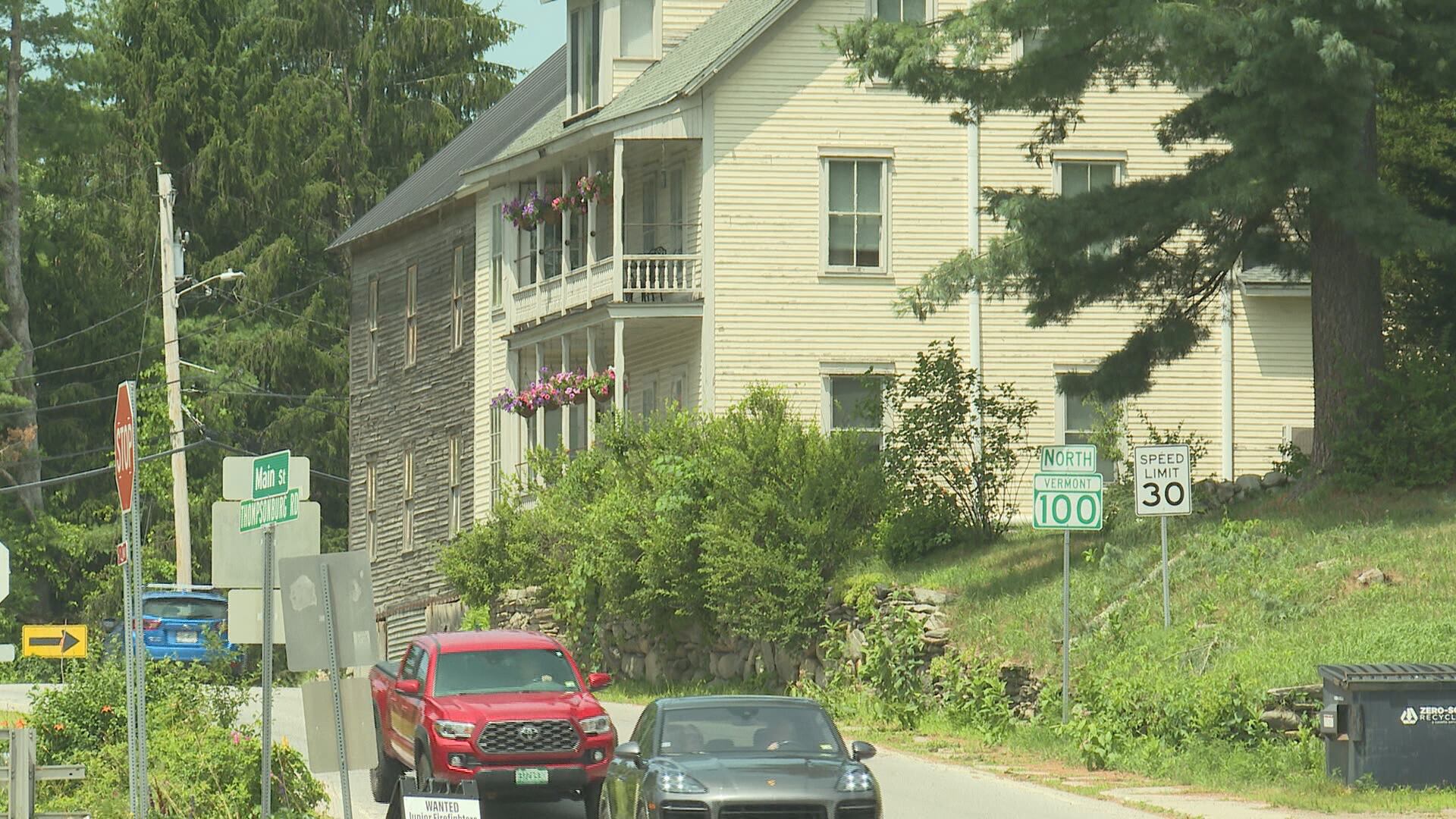New Short Term Rental Regulations Take Effect in Londonderry
Londonderry, Vermont, has implemented new short-term rental regulations that have sparked a range of reactions from local residents and property owners. The town’s recent decision to approve certain amendments has led to discussions about the balance between regulating vacation rentals and supporting the local economy.
Levi Dryden, a caretaker for multiple properties in the area, expressed his concerns about the new rules. He believes that the regulations are counterproductive, saying, “They’re biting the hand that’s feeding them.” Dryden manages several of the approximately 100 short-term rentals in Londonderry and is opposed to the cap on rental nights. He explained that some of his weekly maintenance tasks may now be reduced to every other week or even once a month due to the restrictions. “They’re gonna do their 50 nights in the winter and they’re gonna make good money on them in the winter,” he said.
The town’s floor vote to disapprove amendments aimed at regulating short-term rentals failed, which means new terms will now be in place. These include adding quiet hours, requiring trash removal, and mandating rental registration with the town. However, some of the proposed changes are more severe. For example, any rental unit not located on the owner’s primary residence can only accommodate guests for 50 nights per year. Additionally, newly purchased properties cannot be registered for at least one year after purchase.
Tom Cavanagh, Chair of the Londonderry Selectboard, emphasized the need for regulation. “You have to regulate short-term rentals. Without any regulation at all, it’s just you get the party houses,” he stated. While acknowledging that most renters operate responsibly, Cavanagh noted that there are always problematic properties that require oversight.
Current short-term rental owners will be grandfathered in under the new rules, but any change in ownership will trigger the application of the regulations. This has led to mixed opinions among residents. Some believe that these changes could slow the growth of short-term rentals and increase permanent housing options in the region, which is a pressing need. One speaker argued, “We as a community need to focus on how we can leverage our successful visitor economy to enhance the vitality of our entire community.”
On the other hand, some residents worry that the amendments go too far and could negatively impact local tourism. Londonderry is situated near three major ski resorts—Magic Mountain, Bromley, and Stratton—and many rely on the influx of visitors during the winter season. A concerned speaker remarked, “We’re taking beds out of the community, money out of the community, jobs out of the community, and that’s what really important.”
Debates over short-term rentals have become increasingly common across Vermont. Other nearby towns, such as Ludlow, have implemented fees and registration requirements but do not impose caps on the number of available units. This has led to varied approaches in managing the impact of vacation rentals on local communities.
Dryden, who has experience managing properties, acknowledged that some level of regulation is necessary. “That’s how this works—they don’t mind that the town wants their house to be safe. That’s what all in all what we want,” he said. His comments reflect a broader sentiment among some residents who recognize the importance of balancing regulation with the needs of the local economy.







